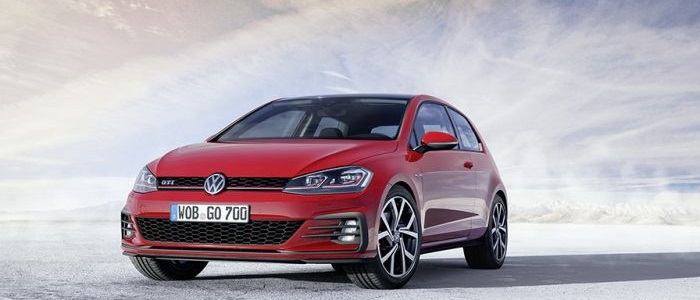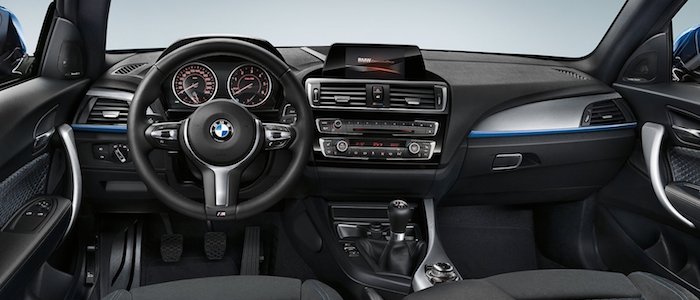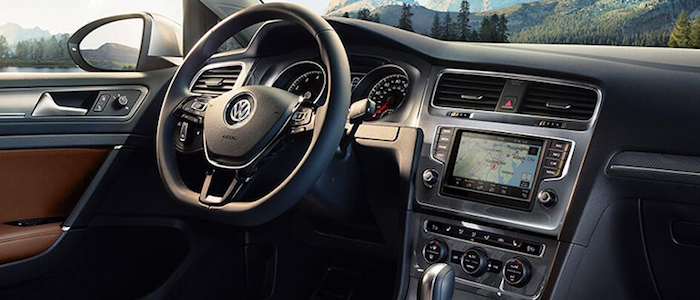Compare two cars
Compare any two cars and get our Virtual Adviser™ opinion
Dimensons & Outlines
Check vehicle history
Engine
Performance (manual gearbox)
Performance (automatic gearbox)
Expenses
Virtual Adviser's™ opinion
Two significantly similar cars, no doubt about that. Still, each one has something different to offer. Having both cars powered by petrol engines and utilizing the 3-door hatchback body style within the same 'Small family car' segment, the only major difference here really is their wheel drive configuration (rear for the BMW and 4 x 4 in the case of the Volkswagen). The first one has a BMW-engineered powertrain under the hood, a 6-cylinder, 24-valves 326hp unit, while the other one gets its power and torque from a 4-cylinder, 16-valves 310hp engine designed by Volkswagen.
SafetyA starting point here would be to take a look at the results from European New Car Assessment Programme (Euro NCAP) tests which were performed on both of the cars, with the same number of safety stars gained in the process. That aside, let's consider some other aspects which affect safety. Both vehicles belong to the small family car segment, which is generally classifying them somewhere in the middle safety-wise, but that fact doesn't break the tie between the two cars. On the other hand, when it comes to weight, a factor that most people underestimate, Golf offers a marginal difference of 1% more metal.
ReliabilityReliability is not the best thing to consider on the make level, but it is worth mentioning that Volkswagen does have a slight advantage, at least on all of the models level. These are the results of an independent reasearch, while our visitors describe reliability of BMW with an average rating of 4.1, and models under the Volkswagen badge with 4.2 out of 5. The same official information place 1 Series as average reliability-wise, and Golf is more or less at the same level.That apart, owners of different cars powered by the same engine as 1 Series rank it on average as 3.0, while the one under the competitor's bonnet gets 5.0 out of 5.
Performance & Fuel economyBoth of the cars accelerate exactly the same, so we couldn't put one above the other. Car No. 1 reaches top speed of 250 kilometers per hour, exactly the same as the other car does. When it comes to fuel economy things look pretty much the same for both cars, averaging around 8 liters of fuel per 100 kilometers (36 mpg), in combined cycle.
Verdict
Volkswagen is apparently more reliable, not too much, but just enough. The most important thing when deciding between any two vehicles should always be safety, both passive and active. In my opinion, everything taken into account, Golf offers slightly better overall protection and takes the lead. When it comes to performance, both vehicles provide similar experience, so I wouldn't point any of them out. Golf still consumps less fuel, which needs to be taken into consideration. It's not difficult to say then that if I'd need to make a choice, it would definitely be the Volkswagen. In any case that's my personal view, built upon all the data available to me. What should decide here though is the way you feel about the two vehicles, and I hope you'll find my guidelines useful in the process. I suggest you spend two more minutes in order to find out which car, based on your needs and budget, would be picked by the virtual adviser™, among thousands of similar, yet so different vehicles.



































